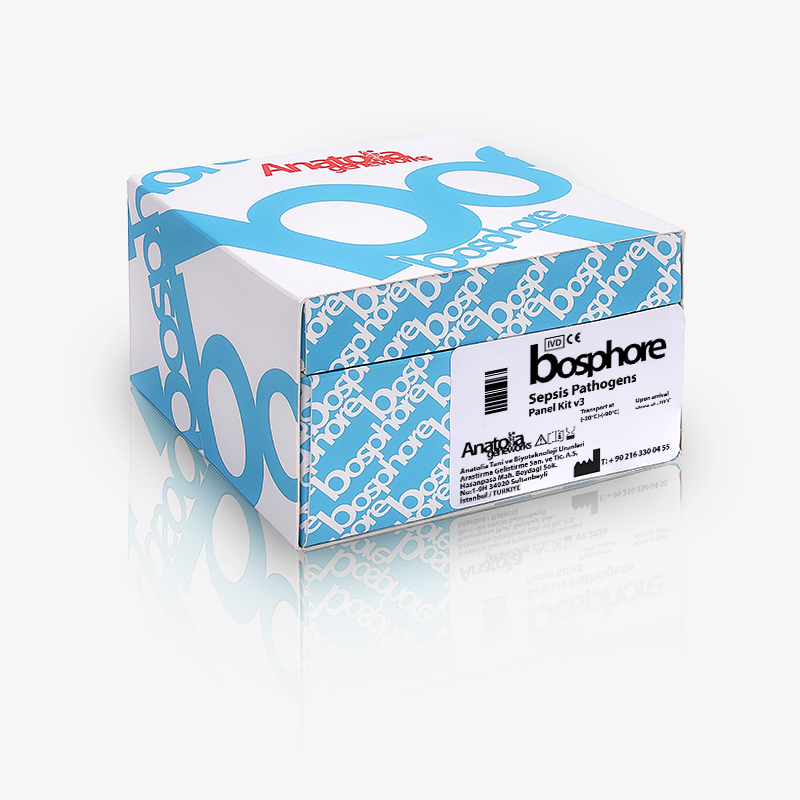
Sepsis is a life-threatening condition that arises when the body’s response to infection causes widespread inflammation, leading to tissue damage and organ failure. As one of the leading causes of death globally, sepsis affects millions of people each year, with approximately 49 million cases and 11 million sepsis-related deaths annually worldwide.
The Three Stages of Sepsis
Sepsis progresses in three stages:
- Sepsis: Systemic inflammatory response to infection.
- Severe Sepsis: Sepsis with organ dysfunction or failure.
- Septic Shock: Sepsis causing dangerously low blood pressure, leading to organ failure.
The Growing Threat of Antibiotic Resistance
Antibiotic resistance (ABR) occurs when bacteria evolve mechanisms that enable them to resist the drugs designed to kill them, making infections harder to treat. The overuse and misuse of antibiotics are the primary drivers of ABR, and it poses a significant threat to global health, with an estimated 700,000 deaths annually due to resistant infections.

The relationship between sepsis and antibiotic resistance is dire. Resistance can complicate the timely treatment of sepsis, and resistant pathogens account for a significant percentage of sepsis cases. As resistance spreads, treatment options become limited, prolonging illness and increasing mortality rates.
Time Matters in Sepsis Treatment
The progression of sepsis is rapid, and every minute counts. Research shows that for every hour of delay in administering effective antimicrobial treatment, survival rates decrease by 7.6% for patients in septic shock. This highlights the crucial importance of early and accurate diagnosis in reducing the time to appropriate treatment and enhancing patient outcomes.
The Role of Diagnostic Methods in Sepsis and ABR
In the fight against sepsis and ABR, diagnostic methods are vital. Real-Time PCR kits offer rapid and accurate pathogen detection, allowing for the quick initiation of targeted antimicrobial therapy.

Bosphore Sepsis Panel Bundle Kit is a prime example of how molecular diagnostics can guide clinicians to effective treatment, therefore enhancing patient recovery and reducing unnecessary antibiotic use. This kit can detect 32 most common sepsis pathogens and 10 antibiotic resistance genes from human whole blood samples in one test.
Join Our Sepsis Diagnostics Session
We are excited to participate in the Innovation and Pipeline Theater with an expert-led session on sepsis diagnostics:
We are excited to participate in the Innovation and Pipeline Theater with an expert-led session on sepsis diagnostics:
April 13 | 15:00 – 15:20
Topic: Microbiological Diagnosis of Sepsis: An Emerging Molecular Approach in a Clinical Microbiology Laboratory Setting
Speakers: Prof. Nicasio Mancini & Dr. Alice Nava
Sepsis remains a life-threatening condition that requires rapid and accurate diagnosis. This session will highlight emerging molecular diagnostic techniques that improve detection speed and reliability, leading to better patient outcomes.
At Anatolia, we are proud to support this important scientific event. Our commitment to advancing sepsis diagnostics continues with our innovative, rapid, and reliable solutions.
Visit us at ESCMID 2025 at Booth D70 to explore our latest advancements in sepsis and antibiotic resistance diagnosis.




